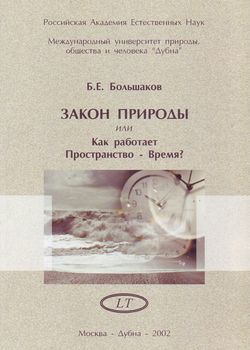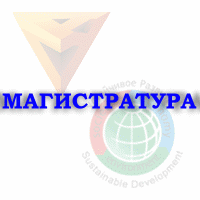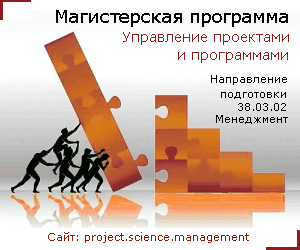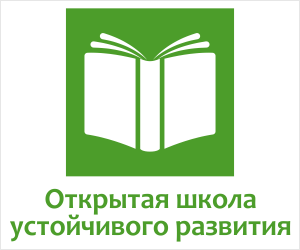Afonin Yury Alekseevich, Candidate of Sociology, Doctor of Economics, Professor of the Department of Human Resource Management of the International Academy of Business and Management
Dobrenkov Vladimir Ivanovich, Doctor of Philosophy Sciences, Professor, Head of the Department of History and Theory of Sociology of the Faculty of Sociology of the Moscow State University named after M.V. Lomonosov, Advisor to the Rector
Abstract
Management known as management by results (MBR) is a process of defining objectives within an organization so that management and employees agree to the objectives and understand what they need to do in the organization in order to achieve them. The term “management by objectives” (MBO) was first popularized by Peter Drucker in his 1954 book The Practice of Management. The essence of MBO is participative goal setting, choosing course of actions and decision-making. An important part of the MBO is the measurement and the comparison of the employee’s actual performance with the standards set. Ideally, when employees themselves have been involved with the goal setting and choosing the course of action to be followed by them, they are more likely to fulfill their responsibilities (Drucker, Peter F.,2022). According to George S. Odiorne, the system of management by objectives can be described as a process whereby the superior and subordinate jointly identify its common goals, define each individual’s major areas of responsibility in terms of the results expected of him, and use these measures as guides for operating the unit and assessing the contribution of each of its members. Performance management (PM) includes activities that ensure that goals are consistently being met in an effective and efficient manner. Performance management can focus on the performance of an organization, a department, employee, or even the processes to build a product or service, as well as many other areas (Odiorne, George S., 1920). PM is also known as a process by which organizations align their resources, systems and employees to strategic objectives and priorities.
KEYWORDS: performance measurement, organizational behavior management, behavioral systems analysis, human resource management, monitoring, motivation, reviews, clarity of goals, subordinates tend, production, marketing, services, sales, finance, information systems, incentives (bonuses), key principles.
Download article KEY PRINCIPLES OF EFFECTIVE MANAGEMENT: THE BEST WORLD EXPERIENCE
![]()

 ПОСЛЕДНИЕ ЭКЗЕМПЛЯРЫ ТИРАЖА
ПОСЛЕДНИЕ ЭКЗЕМПЛЯРЫ ТИРАЖА





